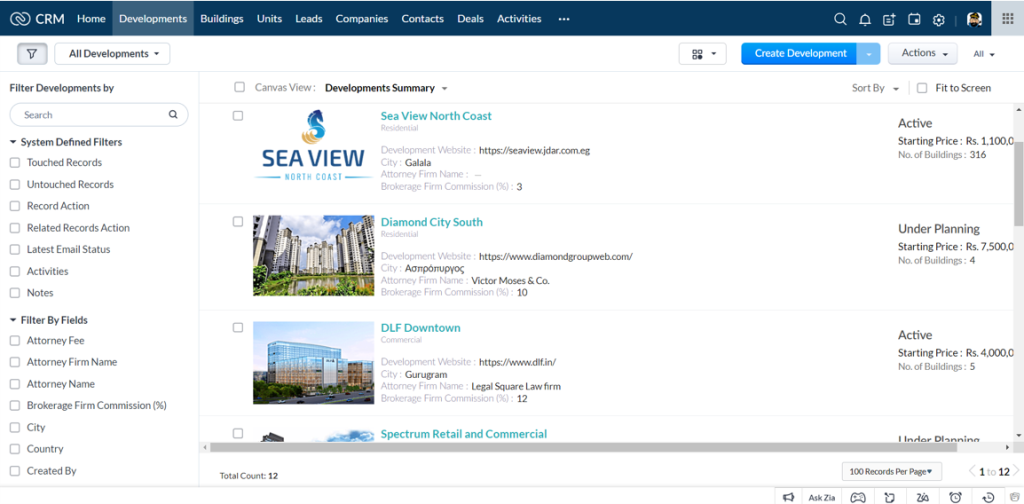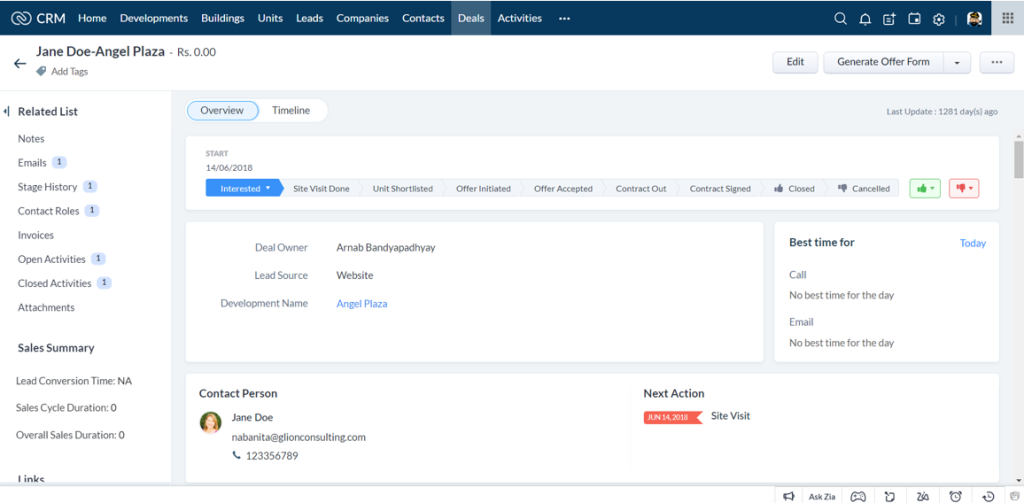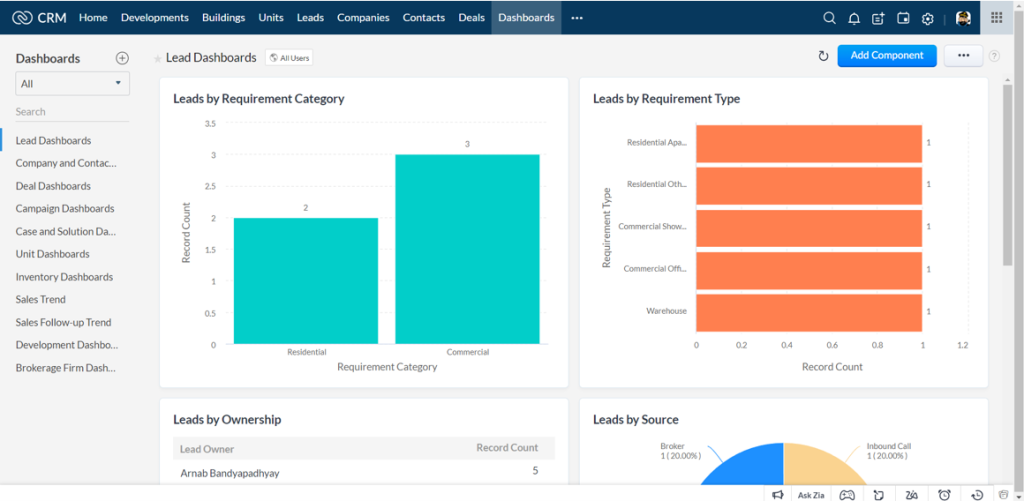In today’s climate, sustainability is no longer a nice-to-have sentiment. It is the only way to survive. The environment is at stake, people! And 2023 is breaking records for being the warmest year. Sure, you are aware of it as an individual. But why do you have to care as a real estate business person? You are currently working in one of the most emissions-intensive industries with almost 40% of global greenhouse gas emissions: 28% from operational emissions (i.e. energy needed to heat, cool, and power buildings) and 11% from materials and construction.
Stakeholders, policymakers, and investors are now interested in real estate sustainability roadmaps and ESG (environmental, social, and governmental) performance of companies in the same industry. Studies show that 65% of small businesses have introduced sustainable business practices to minimize their environmental impact.
How are they implementing it? Recycling and using renewable materials to reduce landfill waste are the starting points of this roadmap. Plus they’re implementing a host of other techniques in their sustainability program in terms of their properties as products. Business-wise they have strategies to further their sustainable growth.
Here’s our take on real estate business sustainability.
To attain success in something, you must plan how can you plan it out systematically. Just like marketing, you must identify goals or action areas for your sustainability roadmap. But you must understand you are not just selling your ideas of a green home or property to attract customers. Make sure you are implementing them and achieving them to turn your ideas into experiences. Otherwise, it is just another marketing tactic that won’t help you in the long run.
You can set your goals to determine key performance indicators (KPIs) and measure your advancements from time to time. Here are some of the goals that could be determined.
Sustainability is a new approach. It is still taking shape in the real estate market. So you must make a conscious effort to analyze your business process from scratch. This helps you identify the areas where you are lagging in terms of sustainability.
Real estate developers cannot build properties single-handedly. They have supply chain partners, manufacturers, and vendors of raw materials. There is a lot to administer. Go through every department. So that you can easily identify every spot where conventional processes can be replaced and sustainable plans can take place.
Identifying the key areas where pollution can be reduced, can go a huge distance before you outline your sustainable programs. Sustainability needs a lot of planning.
If you don’t use technology in this digital era, I would be scared for you. Companies around the world use 420 million tons of paper to manage their business. It otherwise means that companies are still managing their clients manually.
But it’s growing to be a paperless world using technology has become a lot easier in managing businesses and reducing consumptions of manual labor and other raw materials. But of course, you need relevant technology to deploy. For example, you can use Real Estate CRM. It comes with a bevy of features that help you extensively in regulating your business process. The first one is automation which saves you from keeping mounds of paperwork. You can create and assign follow-up tasks, or site visit meetings among your sales reps from the CRM itself.

Automation of this CRM enables you to streamline every piece of captured customer information. It documents every interaction touchpoint with your clients or digital communications such as emails, property recommendations, and so on. Other than the industry-tailored sales pipeline, it also comes along with a series of checklists that are timely flagged before you move on to the next step. This reduces the usage of paper and carbon emissions with hardcopy mail deliveries.

Modern-day businesses are choosing the hybrid business model or remote work management to reduce transportation which has a direct link with carbon emissions through gas vehicles. A cloud-based software solution like Real Estate Developer CRM that helps you manage your business on the go — all you need is a running web browser and you can work at any time or with any device whatsoever.
Once you figure out the bottlenecks on your sustainability roadmap, you have a clear way of implementing those changes for maximum impact. You can start by introducing new policies or reconsider old ones and align them with your business goals. Share your vision and communicate with your team about the measures that you are going to implement. Educate them about the importance of sustainability and open the forum for suggestions for even better decisions.
You have identified the key areas that require attention, and you have implemented changes. Now it’s time for you to assess whether your sustainability plans are working out for your business — where you stand with your chosen KPIs for sustainability. To acquire an in-depth analysis, you can create and customize reports and dashboards of Real Estate CRM. While the reports present you with a granular structure of data, the dashboards offer you visual interpretation. As these two modules update themselves with real-time data, accordingly you can evaluate and improve your action areas with necessary adjustments for better results.

From a real estate business perspective, it’s not only about the environment. People are aware. They are inclined to eco-conscious culture. They value social responsibility to do their bit and consider its importance before buying properties. So when you do promote and execute your sustainability plans, it will sure, work in your favor. 60% of consumers globally, consider sustainability as an important criterion in making purchase decisions. And they are willing to pay up to 25 percent more for sustainable products. So level up a notch!
You know it’s your turn. To get started, implement the right technology the right away. Schedule a free 90-minute no-obligation consultation with our experts!